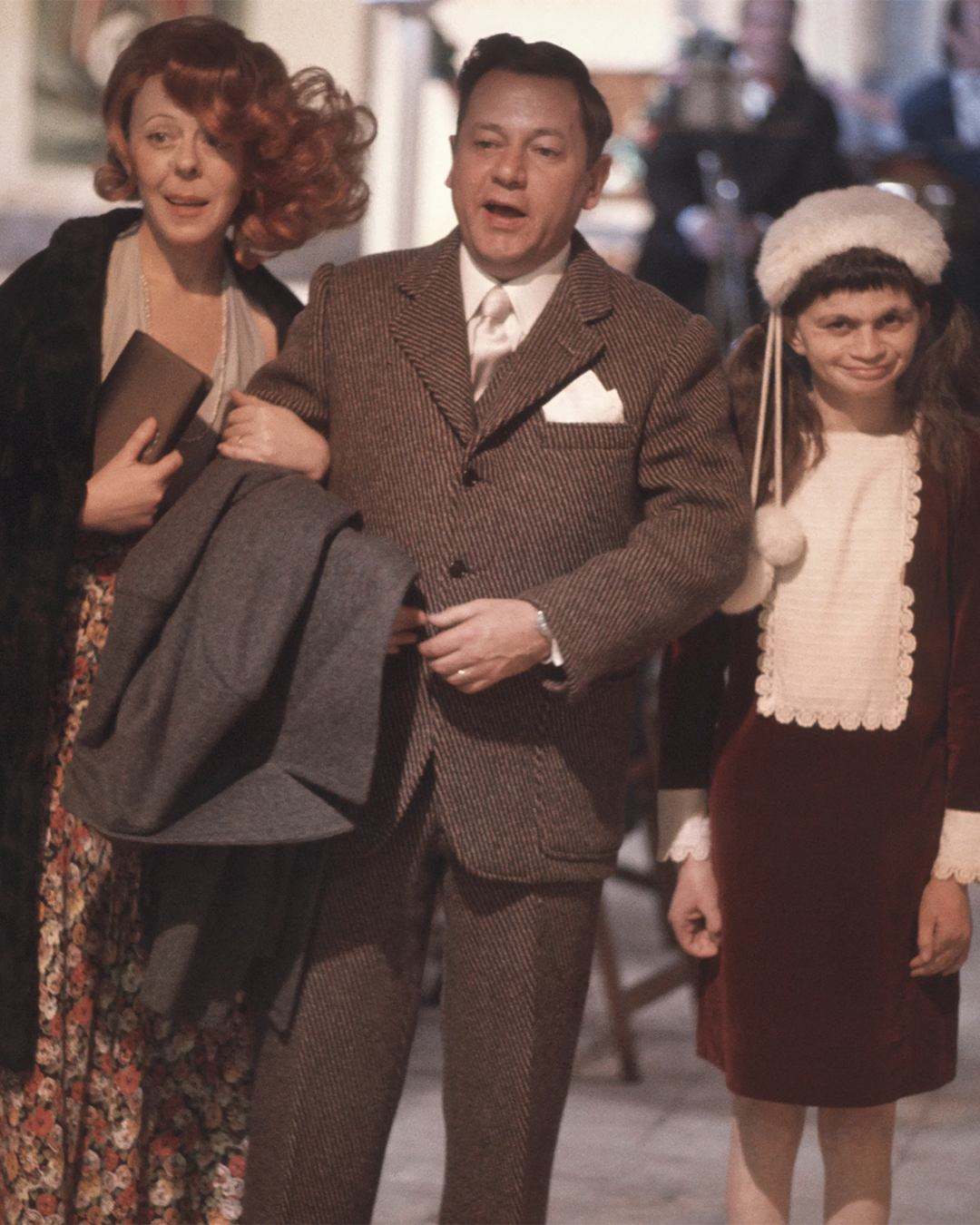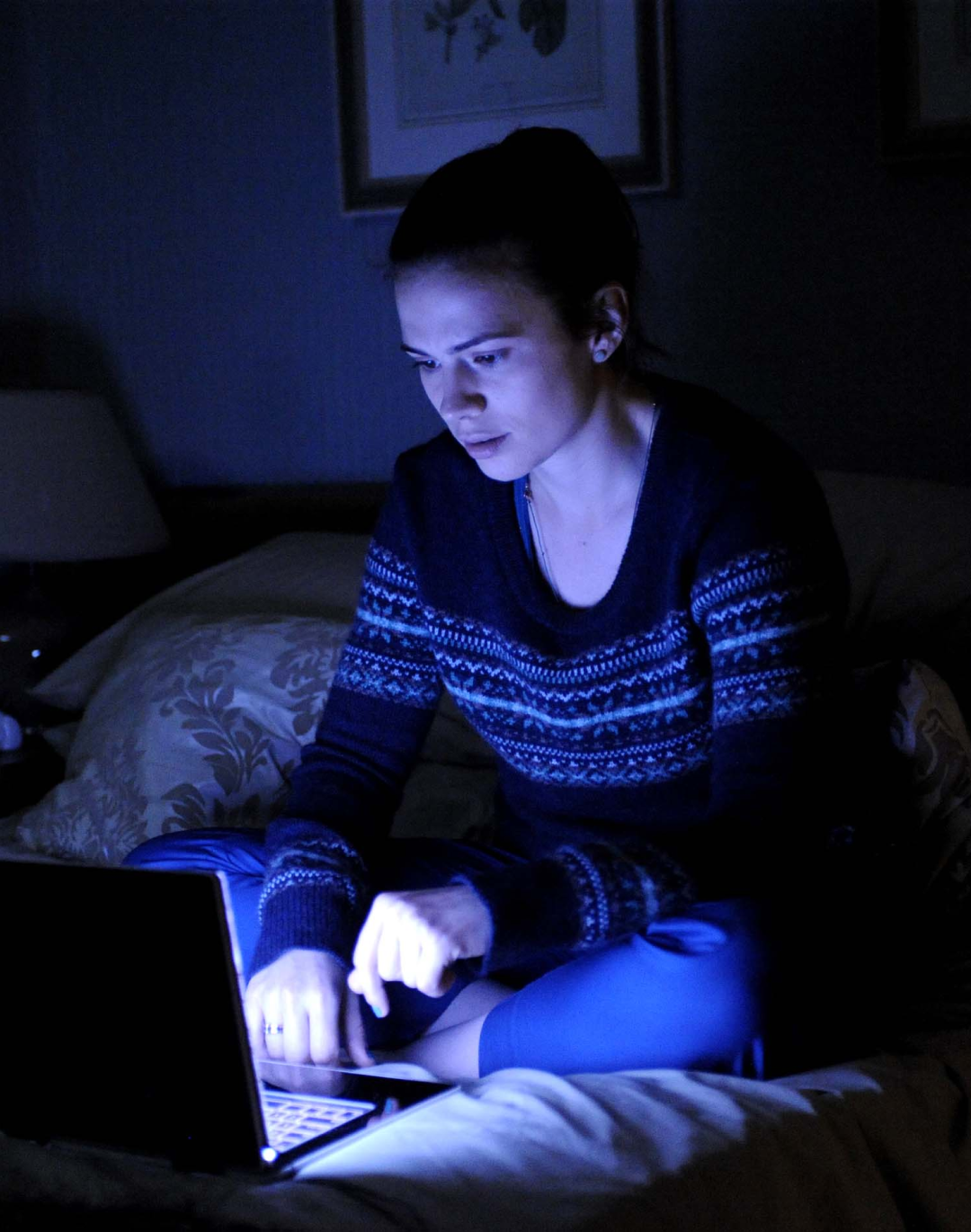
"I'm afraid to go out": how to deal with the post quarantine To fight the anxiety of leaving our place and gradually returning to our daily life
For many of us, quarantine was a long period of tension and loneliness. Even those who survived these months with serenity may notice feelings of anxiety, discomfort and insecurity when returning to everyday life.
The stress factors caused by isolation, like fear and anxiety when relating to the external environment, mental laziness in individual relationships, the use of the digital world to mimic social life, the need to maintain high productivity during smart working, were accompanied by a huge amount of confusing news and a general sense of loss. Now that phase 3 has officially started, everyone is facing fears and anxieties different than the ones of lockdown, like the "cabin fever" and smart-working burnout. Grappling with daily life, we asked doctor Chiara Maiuri which problems will appear during the gradual return to normal and how to deal with them.
What is cabin fever?
The name comes from the years of the "gold fever", when the miners were brought to live in huts for months and months, until the end of the harvest season when, returning to their cities, they made an enormous effort to reintegrate their daily life in a different environment than the hut. Referring to the present day, the name recalls the attachment to a specific place and the difficulty of adapting again to a different and external environment: the house where we spent the quarantine, whose walls protected us from what was happening outside, remains a safe place and going out can create fear. This is not a pathological fear, so the syndrome resolves over time but we should remember that we are asking our mind to carry out a very elastic task, changing our daily habits overnight, and therefore the only solution is to get out of it gradually. Not demanding too much from ourselves is the key to a healthy and lasting recovery. Especially because the world outside is very different from what we left behind.
What are the tangible effects that isolation could have caused in social life? What do you think of phase 3?
The tangible effects that isolation will bring to everyday lives will certainly be linked to the use of technology: for many of us smartphones and laptops have proved to be real connection tools, for others they have become a kind of simulation of virtual reality. Just think of the Animal Crossing trend that broke out during quarantine, a role-playing game that simulates social life in an ideal town, where the player performs daily tasks to populate the place and is continuously immersed in new meetings and social situations. The danger is that certain simulated experiences have lazy the social dynamism of individuals, making them reluctant to abandon the virtual comfort zone.
According to doctor Maiuri, another very frequent problem in phase 3 will be smart-working burnout: reconciling work productivity from home and our personal life, with different rhythms and responsibilities, could cause an "overload".
Smart working is a wonderful solution and I am a big fan of it, but I recognize that it may not be ideal for everyone: just think about a business woman, mother and worker, that was used to keep work in the office and private life at home, finding herself now without her "container environments": she is now in big difficulty. In phase three I hope that companies will be able to alternate between smart working and office work, to return to the sociality guaranteed by the workplace without depriving people of their independence. As far as possible, in these cases it is necessary to carve out spaces, both for different working needs and for ourselves. Speak, let off steam if something is wrong and ask for help when necessary but above all ask yourself "how am I?" and putting appointments with yourself on the agenda are practices that free you from the danger of overload.
How can we find balance in a phase of gradual change and not to develop anxiety for the future?
It is essential to respect our own timings, not demanding too much from ourselves and accepting our feelings. If we feel discomfort, it is good to welcome the sensation without being too scared and act accordingly, step by step. Creating a daily routine with small goals to be achieved to reach a final goal is a great way to get used to daily life again without too much effort. Is the fear of going out the real problem? Well, every day it will be our job to try to take a step outside, first on the balcony, then in the courtyard, the next day along the way home and so on. The important thing is not to give up and be constant in the path: taking care for our health also means understanding that we are not "robots" and our brain needs to climb the steps one by one before reaching the top. If the discomfort persists, nothing prevents you from asking for help from a professional, even for a couple of sessions to help understand the problem in a guided way, to get out of it consciously and also to treasure the negative experience that has been lived.
What if during quarantine we found the right balance for our wellness, and now the frenetic rhythms of daily life crushed us and made us feel unhappy, what can we do to improve the situation now?
Very good question. We need to consider that our rhythms are often imposed by social life and work, but sometimes also by ourselves. If, forgetting the "good" old hustle, we discovered practices that make us happy and put us in touch with ourselves, perhaps it is worth keeping them in our daily lives even once we are back on track with work. In phase three, it might be an excellent idea to leave the office at 7 pm instead of 8 pm and treat ourselves with a yoga session, a peaceful walk in the park or a personal cooking challenge to desaturate the day from work stress and enjoy a moment of simple happiness. I am partially happy if we feel stressed about going back to pre-Covid rhythms, because it means that we understood the need to slow down. Most adults who go through psychotherapy really need to slow down, and they just can't. This period showed us that we can be productive even when we go slower: alternating work to breaks of sincere pleasure, our head works better and is less tired, and the quality of work increases too.
What if, more than fear, we feel "boredom" in returning to social duties and relationships: how can we not blame, and just accept ourselves? What leads to this subtle form of misanthropy?
I wouldn't mention misanthropy, but mental laziness. We have to consider that having social relationships involves a large amount of energy in everyday life, however our brain processes this automatically. Going out, talking, listening, identifying and adapting to other people rhythms are all practices that we usually don't feel forced to do. During the three months of social distancing we got a little "distracted", in fact virtual calls require much less effort and attention than face-to-face interaction, therefore when returning to social life we could feel a sense of stress and exhaustion, concluding that our friends are boring and perhaps not worth it. In reality, it is not true, we are social animals and nobody is made to be truly alone. We should get used again to this multitude of stimuli and rediscover the benefits that come from human relationships, and gradually encourage ourselves to interact again. Sorting relationships is never wrong if you feel uncomfortable, but doing it out of laziness is a real shame.
Being hypochondriac and underestimating the risk. How to deal with the different needs of those who are scared to go out, and those who instead want to go to (private) parties?
It is necessary to ask and give respect, express our feelings in any case and speak openly about our fears. It is always the solution, especially with friendship. If you are in a neutral position and you are dealing with a hypochondriac friend, just listen and respect their fear, and perhaps help them open up on the subject. In the situation of relationship with the opposite extreme, the one who needs to "party", it is good to act and choose according to your feelings and limits, demanding respect, without putting yourself at risk or trying to do things above your will in order not to disappoint expectations.
What if we were ourselves the protagonists of a stressful situation?
The solution is to try to understand why we live in a marginal condition. What is the fear that lies behind my condition, desire to overdo or the obsessive fear? Despite the risk, why do I feel the need to have a party? For the fear of a new period of quarantine? Am I afraid of no longer having the chance to do it, of losing social contacts? Without making a self-analysis, just understand what drives the desire and try to solve the problem in a safer way, at least until the danger has gone, in order not to put yourself and others at risk. In the opposite case, however, the one of hypochondria, it is necessary to identify the situations in which we can have control and behave to make the most out of them. I can protect myself, wear a mask, use gloves and uso had-sanitizers. I cannot control the contagions or the virus itself, so it is counterproductive to stress over things that we cannot control and it is important not to do it, in order not to run into complications on anxiety disorders. Talking to an expert to identify the problem is not a life sentence, instead it may be useful to contact an expert even for a few sessions in order to get back on track and understand what's wrong.















































